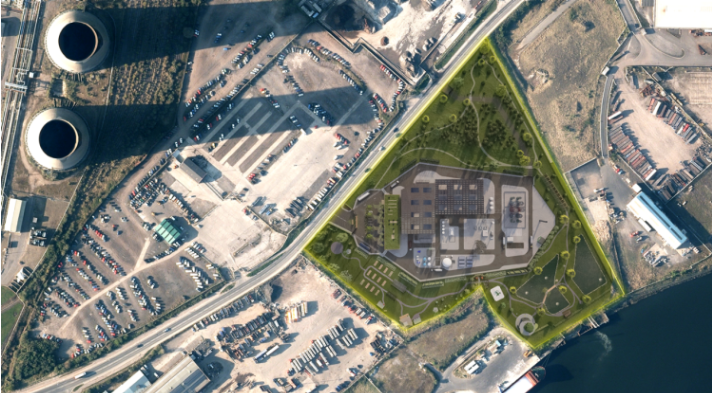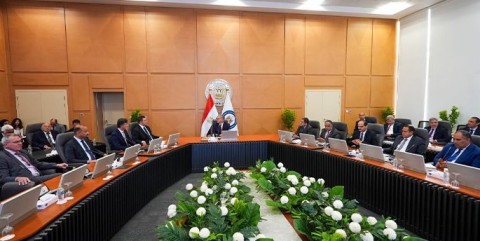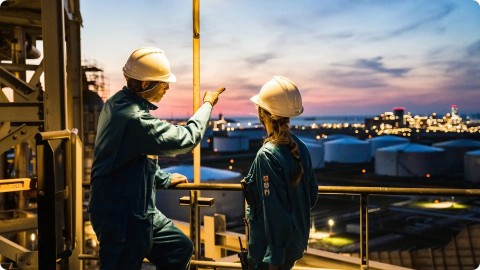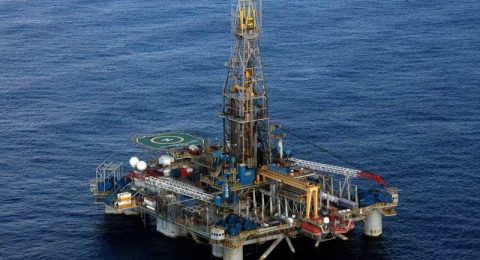bp has signed a ten-year contract with Clean Planet Energy, a UK-based company developing the technology to convert hard-to-recycle waste plastics into circular petrochemical feedstocks and ultra-low sulphur diesel (ULSD).
ecoPlants developed by Clean Planet Energy are expected to process plastics that are typically rejected by traditional recycling centers and therefore will otherwise end up in landfill or incineration.
Clean Planet Energy is currently constructing its first facility in Teesside, England, where it will initially supply bp with energy. It is intended that Teesside can produce 20,000 tonnes of naphtha and ULSD a year from waste plastic. Clean Planet Energy will provide bp with the opportunity to expand the relationship by off-loading products from its future plants beyond Teesside.
In and around Teesside, bp is leading a series of hydrogen and carbon capture and storage projects that will support decarbonization of the region’s industries.
Globally, Clean Planet Energy is in the process of developing 12 ecoPlants. With these facilities alone, the company hopes to divert 250,000 tonnes of hard-to-recycle waste plastic annually from landfills.
Sven Boss-Walker, SVP Refining & Products Trading at bp, said: “This long-term agreement with Clean Planet Energy for the offtake of naphtha will help bp unlock new sources of value through circularity, while helping divert plastic waste away from landfill, incineration and the environment. Clean Planet Energy’s first facility in Teesside should help accelerate this journey.”












